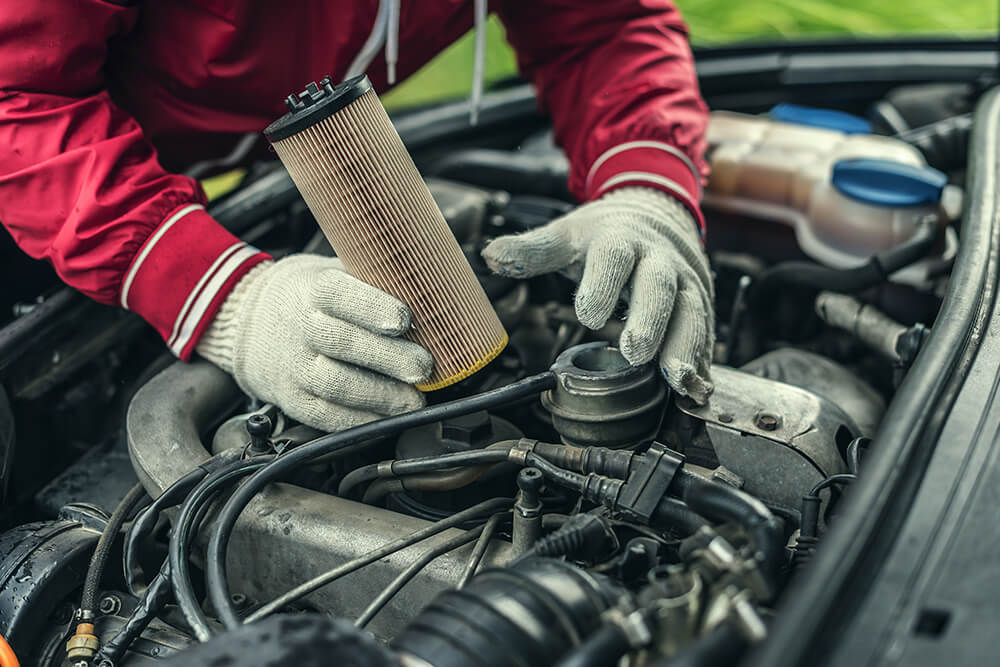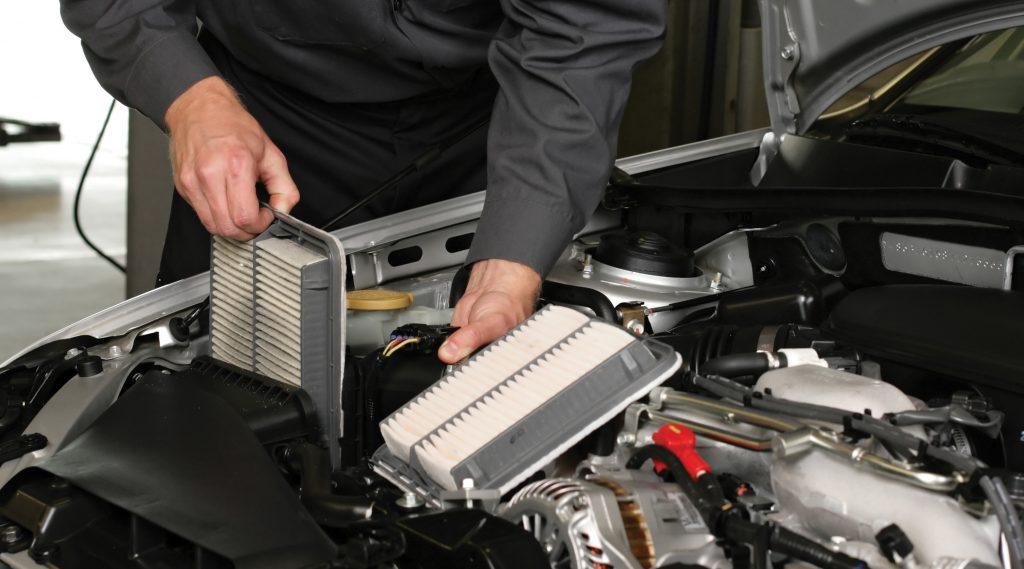As an Amazon Associate, I earn from qualifying purchases at no extra cost to you.
The Car Won’t Start Unless I Give It Gas: Quick Fix Tricks
If your car won’t start unless you give it gas, the issue may be related to the fuel system or the throttle body. This problem indicates potential issues with the fuel pump, fuel filter, or throttle position sensor.
Experiencing difficulty starting your car when it requires gas input could be frustrating and inconvenient. Identifying the root cause of this problem is crucial to ensure your vehicle’s optimal performance and safety on the road. We will explore common reasons why a car may only start when you give it gas and provide insights on how to troubleshoot and address this issue effectively.
By understanding the underlying issues, you can take appropriate actions to resolve the problem and get your car back on the road without any hiccups.
Common Reasons For A Car Not Starting
If your car won’t start unless you give it gas, it could be due to a variety of issues, such as a faulty fuel pump, clogged fuel filter, or a malfunctioning mass airflow sensor. These issues can disrupt the fuel supply, causing the engine to struggle to start without a manual boost of gas.
Dead Battery
A dead battery is a frequent culprit for a car failing to start. Ensure your battery connections are secure and free of corrosion. If the battery is old or not holding a charge, it may need replacement.Fuel Delivery Issues
If there are fuel delivery problems, the engine may not get sufficient fuel. Check the fuel pump, filter, and injectors for any issues. Running out of gas or using old gas can also cause starting issues.Ignition Problems
Ignition problems can prevent the car from starting. Issues with the spark plugs, ignition coil, or starter can be the cause. Ensure these components are in good condition for proper ignition.In summary, dead battery, fuel delivery issues, and ignition problems are common reasons for a car not starting.
Credit: carfromjapan.com
Understanding The Gas-related Starting Issue
When the car has trouble starting unless you give it gas, it could indicate a gas-related issue within the engine. Let’s delve deeper into the role of gas in starting and how it impacts engine ignition.
Exploring The Role Of Gas In Starting
The gas in your car plays a crucial role in providing the necessary fuel for combustion. Without sufficient gas, the engine may struggle to start properly.
Impact Of Gas On Engine Ignition
The availability and quality of gas directly impact the ignition process of the engine. Insufficient or poor-quality gas can hinder the combustion and ignition, leading to starting issues.
Quick Fix Tricks For Starting The Car Without Giving Gas
When your car won’t start unless you give it gas, it can be frustrating and inconvenient. However, there are some quick fix tricks you can try to get your car started without having to give it gas. Below, we’ll explore some common issues that could lead to this problem and how to address them.
Checking And Jumpstarting The Battery
If your car won’t start without giving it gas, the first thing to check is the battery. A weak or dead battery can prevent the car from starting properly. You can use a multimeter to check the battery’s voltage. If it’s below 12.6 volts, it may need to be recharged or replaced. Jumpstarting the car with another vehicle or a portable jump starter can also help get it started.
Inspecting Fuel System Components
Another common reason for a car to require gas to start is issues with the fuel system. Check the fuel pump, fuel filter, and fuel injectors for any signs of damage or clogging. A clogged fuel filter or a faulty fuel pump can inhibit the proper flow of fuel to the engine, causing starting issues. Addressing these issues can help the car start without needing gas assistance.
Addressing Ignition System Problems
The ignition system, including the spark plugs, ignition coils, and spark plug wires, plays a crucial role in starting the car. If any of these components are faulty or worn out, the car may require gas to start. Inspect the ignition system for signs of wear and tear, and replace any components that appear damaged. This can improve the starting performance of the car.

Credit: m.youtube.com
Upgrading And Maintenance Tips
Upgrading and maintaining your vehicle is essential for ensuring its optimal performance and longevity. By taking proactive measures, you can prevent issues such as your car not starting unless you give it gas. In this section, we will explore some effective tips to upgrade and maintain your car, focusing on upgrading to a high-performance battery, regular fuel system maintenance, and ensuring a healthy ignition system.
Upgrade To A High-performance Battery
Upgrading to a high-performance battery can significantly improve your car’s starting capabilities. A reliable battery provides a strong and consistent power supply, ensuring that your engine starts smoothly every time you turn the key. Ensure you choose a battery that matches your vehicle’s specifications and has a high cold cranking amp (CCA) rating for reliable starts, especially during colder months. Additionally, opting for a maintenance-free battery can save you from the hassle of regularly checking and topping up the battery fluid levels.
Regular Fuel System Maintenance
Maintaining a healthy fuel system is crucial to avoid starting issues in your car. Over time, fuel injectors can become clogged, affecting the proper fuel delivery to the engine. To prevent this, it is recommended to use quality fuel and fuel additives that help keep the injectors clean. Regularly inspect and replace fuel filters according to your vehicle’s maintenance schedule. Additionally, periodically cleaning the throttle body and intake manifold can improve airflow, fuel efficiency, and overall engine performance.
Ensuring A Healthy Ignition System
A properly functioning ignition system is fundamental for your car’s starting reliability. To ensure its health, regularly inspect and replace spark plugs as per the manufacturer’s recommendations. Faulty or worn-out spark plugs can lead to starting issues. Additionally, checking and replacing ignition coils, ignition wires, and distributor caps (if applicable) can prevent misfires and ensure a consistent spark in the combustion chamber. Maintaining a clean and well-adjusted ignition timing can further optimize starting performance.
Professional Help And Diagnostics
When you find yourself in a situation where your car won’t start unless you give it gas, it can be a frustrating and concerning experience. This issue indicates a potential problem with your vehicle, and it’s crucial to seek professional help and diagnostics to identify and fix the underlying issue.
Seeking Expert Mechanic Assistance
In cases where your car won’t start unless you give it gas, it is recommended to consult an expert mechanic. These professionals have the necessary knowledge, skills, and expertise to assess the problem and provide an accurate diagnosis. They can analyze the various components of your vehicle’s system and determine what is causing the issue.
Expert mechanics can utilize their experience to identify common reasons for this problem, such as a malfunctioning fuel pump, a clogged fuel filter, or a faulty sensor. By trusting their expertise, you can save time and effort in trying to diagnose the issue on your own.
Utilizing Diagnostic Tools
One of the significant advantages of seeking professional help is their access to advanced diagnostic tools. These tools allow them to gather crucial information about your vehicle’s systems, enabling a precise diagnosis of the problem.
Expert mechanics often employ tools like code readers, scan tools, and multimeters to analyze data from your vehicle’s onboard computer. This data helps them identify any error codes or electrical malfunctions that may be causing the car to not start without gas. By utilizing these diagnostic tools, they can efficiently pinpoint the root cause of the problem and recommend the necessary repairs.
The utilization of diagnostic tools also aids in accurately identifying any potential underlying issues that may have contributed to the problem. This comprehensive analysis ensures that all related problems are addressed and resolved, minimizing the risk of recurring issues in the future.
In conclusion, when faced with the issue of your car not starting unless you give it gas, seeking professional help and diagnostics is crucial. Trusting an expert mechanic’s experience and utilizing diagnostic tools will ensure an accurate diagnosis and effective resolution of the problem. Don’t delay in reaching out to a professional to get your vehicle back on the road safely and smoothly.

Credit: carfromjapan.com
Conclusion
Understanding the reasons behind a car’s reluctance to start can save you time and money. By checking for issues with the fuel system, ignition system, or battery, you can troubleshoot the problem before seeking professional help. Taking preventive measures and regular maintenance can extend the life of your car and prevent future issues.
Understanding these causes and solutions for a car that won’t start unless given gas can keep you on the road and your car running smoothly.











